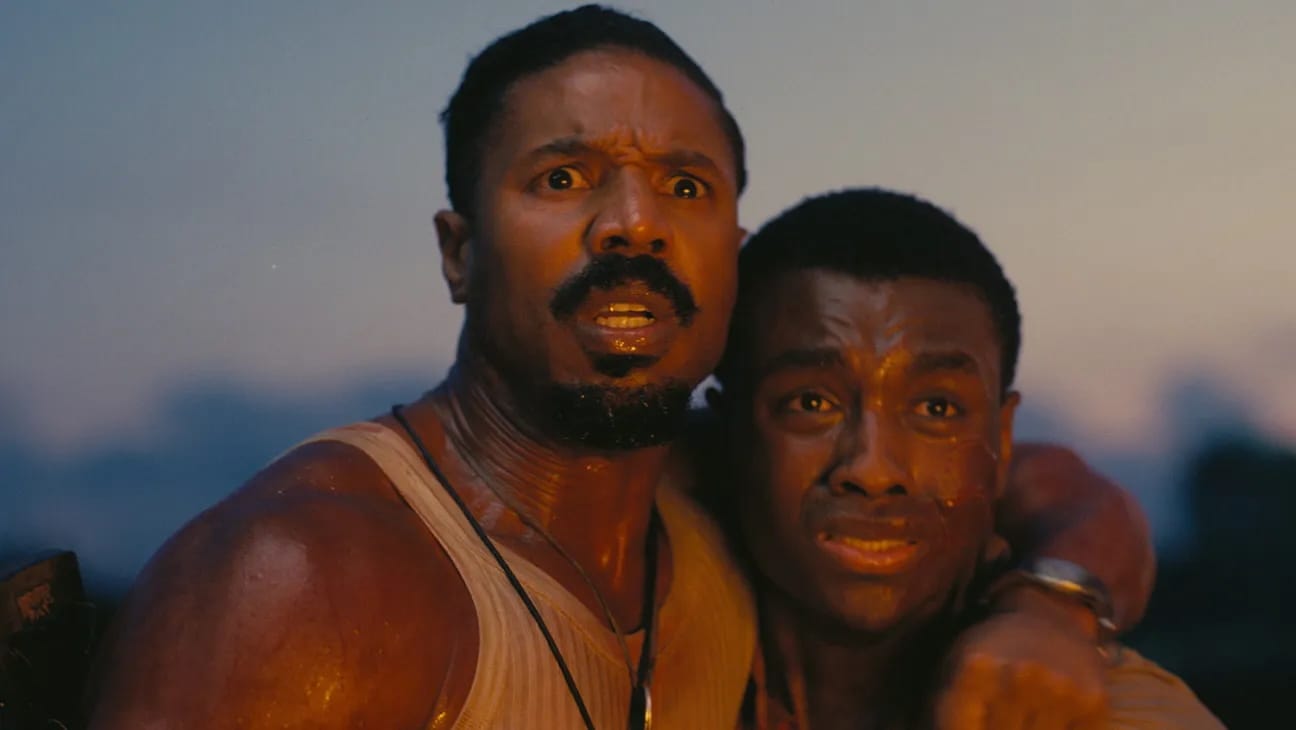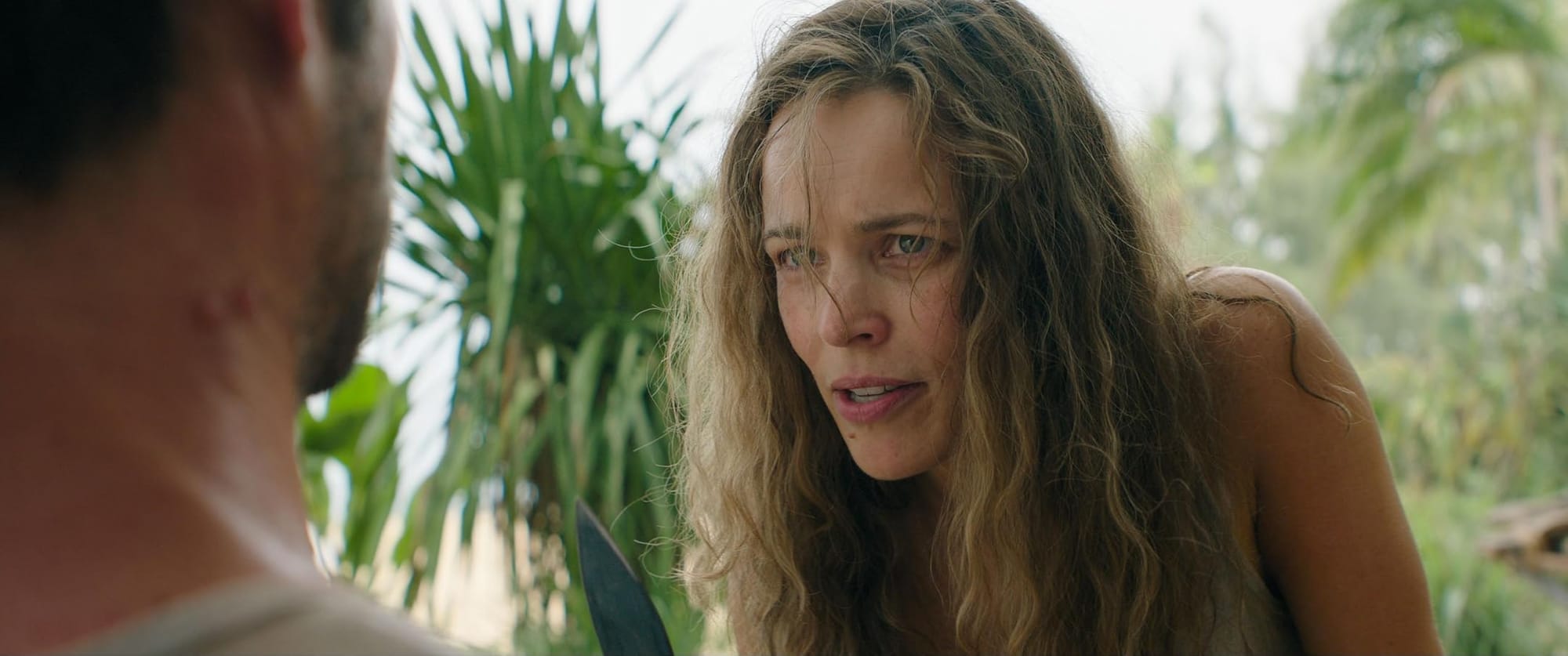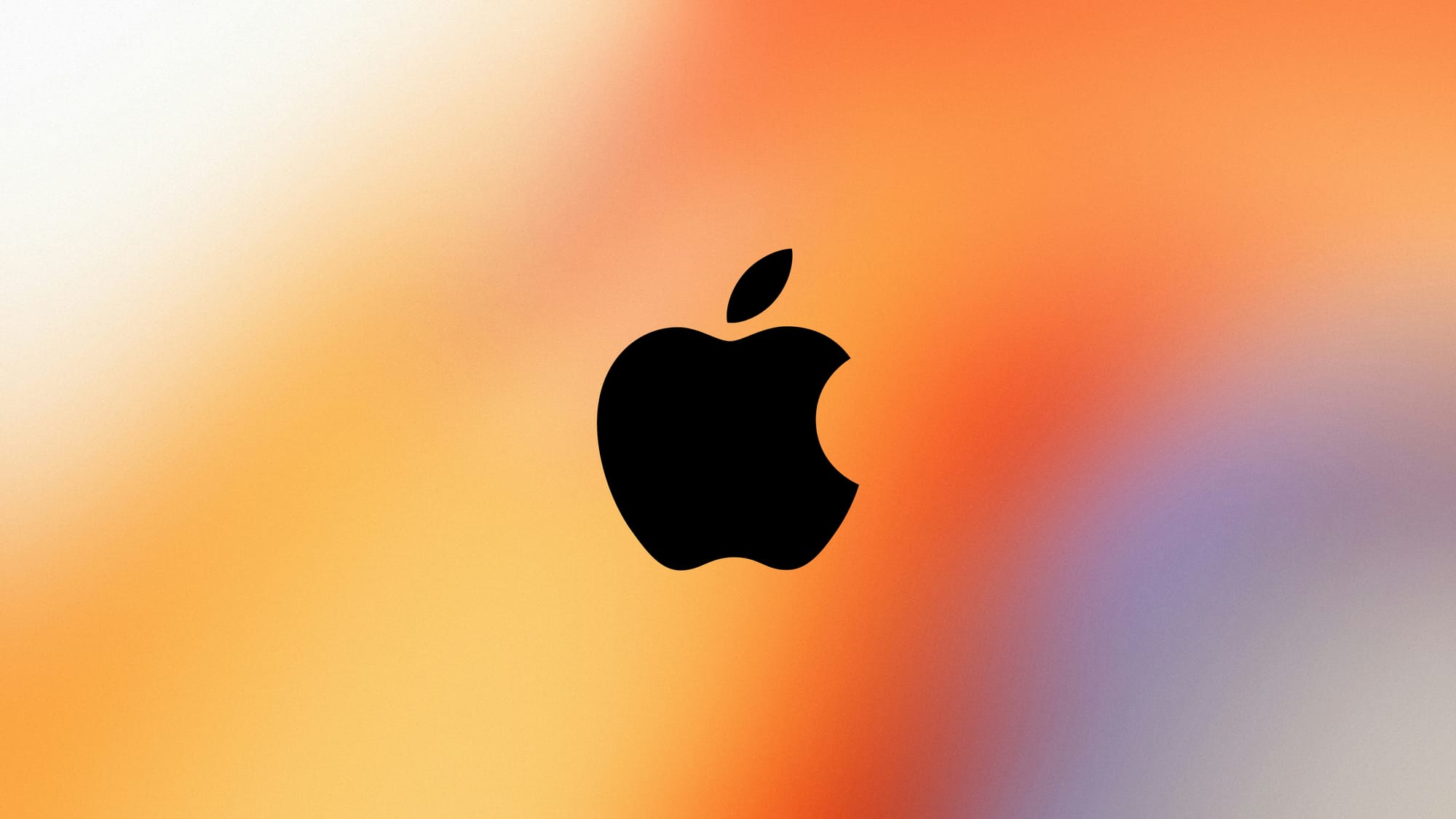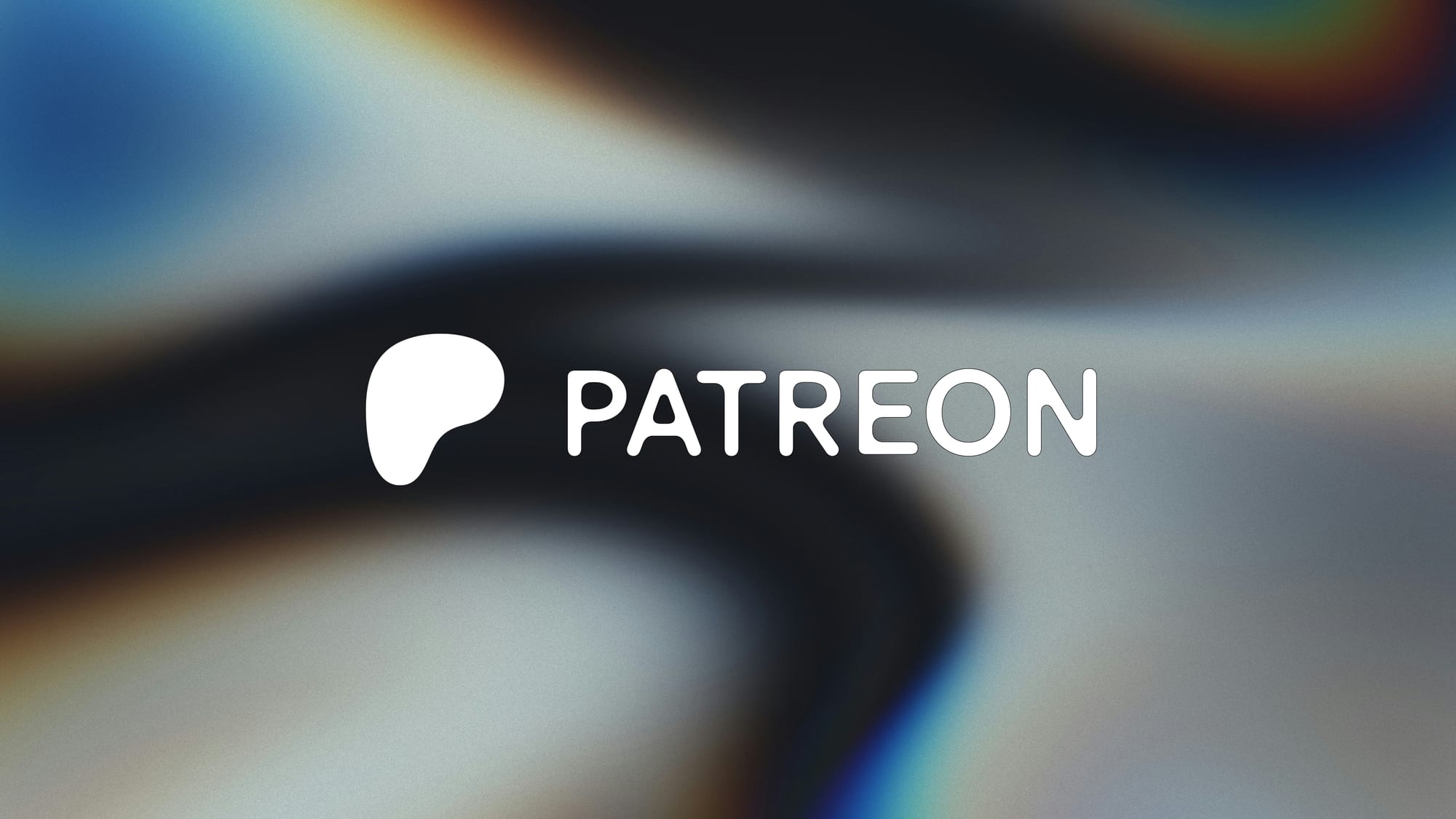The recent controversy surrounding Ryan Coogler’s Sinners is a stark reminder of how original, creative voices in Hollywood still face an uphill battle—even when they achieve undeniable success. Despite Sinners’ record-breaking box office debut and critical acclaim, media coverage has fixated on caveats rarely applied to blockbuster films by non-Black creators, such as questioning its audience demographics and scrutinizing Coogler’s compensation. As one social media user pointedly asked, “I really want to know if the Times has EVER pointed out when a movie’s CinemaScore audience was mostly white and suggested it diversify its audience to find true success”.
This skeptical framing isn’t just about one film—it’s symptomatic of a system that resists change. Hollywood’s power structure is rattled when a director like Coogler negotiates for ownership and creative control, with executives calling his deal a “very dangerous precedent” that could “signal the end of the studio system”.
The anxiety is palpable: original films, especially those by diverse creators, are expected to perform miracles at the box office just to justify their existence.
In an industry obsessed with safe bets and overly familiar IP, trailblazers like Coogler remind us why original voices matter. As he stated, “That was my sole motivation”—to own and tell authentic stories. Hollywood may resist, but history shows: real innovation always starts as a disruption.














Discussion